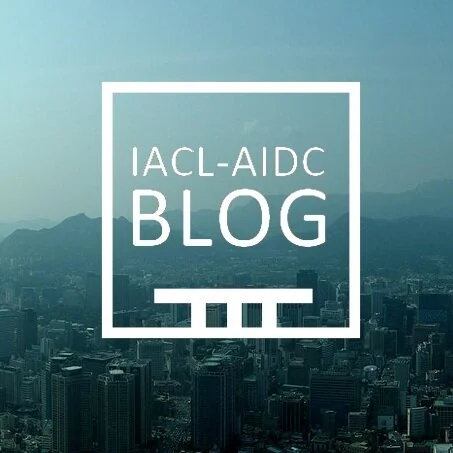Symposium: A Stream Cannot Rise Higher than its Source: Australia’s landmark Communist Party Case
/Peta STEPHENSON
In 1951, during the height of Cold War hysteria in Australia, the High Court thwarted the government’s plan to ban the Australian Communist Party in the decision of Australian Communist Party v Commonwealth (1951) 83 CLR 1 (“the Communist Party Case”). The case has been heralded as a triumph for Australian constitutionalism and continues to stand out as one of the most significant – even iconic – decisions ever handed down by the High Court.
Read More
























![Xx1088_-_Seoul_city_nightscape_during_1988_Paralympics_-_3b_-_Scan [test].jpg](https://images.squarespace-cdn.com/content/v1/5af3f84a4eddec846552ea29/1527486925632-3VZP3ASLAHP1LJI0D9NJ/Xx1088_-_Seoul_city_nightscape_during_1988_Paralympics_-_3b_-_Scan+%5Btest%5D.jpg)
